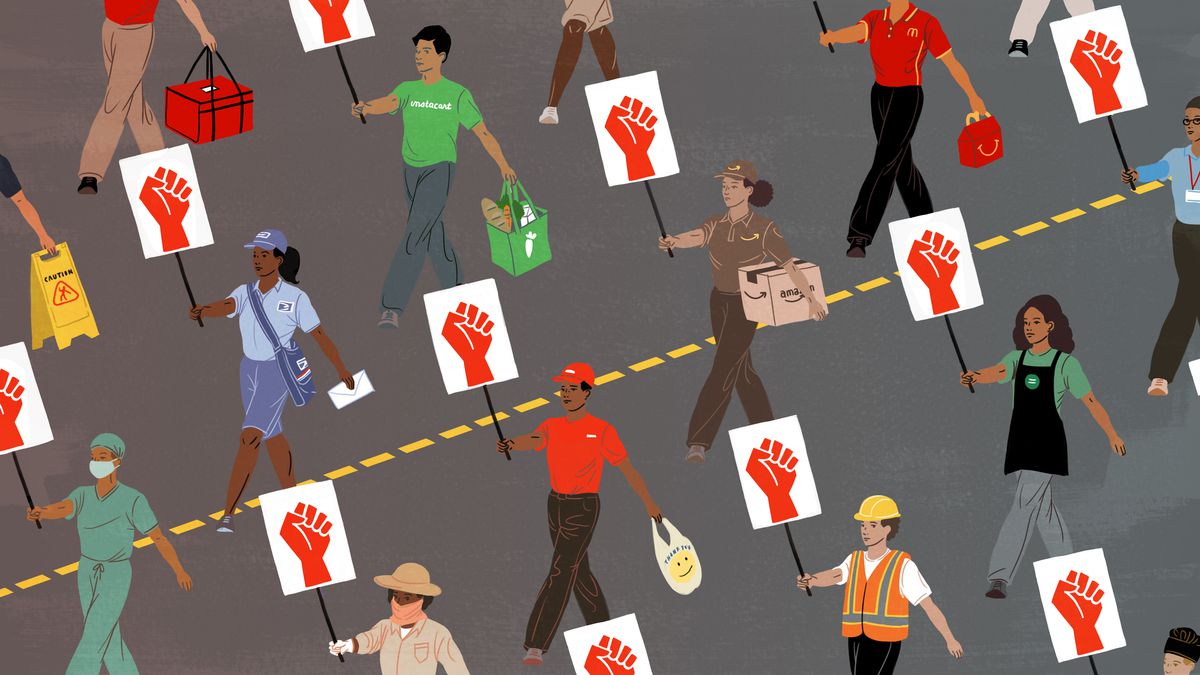
No one:
Absolutely no one:
Canadians: Brampton really can’t handle something as simple as wearing a mask.
It’s too often that we scroll across our Instagram feed to find a meme account saying that the ‘Canadian COVID-19 epicentre’, Brampton, refuses to listen to social distancing rules, or someone tweeting about the reckless Bramptonians taking the 401 express.

It is so easy to vilify Brampton for the increase in COVID-19 cases in Canada, but to do so without understanding the socio-economic context of this outbreak, is to remain ignorant to the privileges you hold.
Yes, Brampton has become one of Canada’s COVID-19 hotspots. Yes, there have been a number of backyard parties that needed to be broken up. Yes, there has been a surge in workplace cases. Currently, festivals such as Diwali and partygoers are the foundation of the shaming targeted towards South Asian communities.
South Asians this, Brampton that. Diwali this, immigrants that.
Why Brampton? What’s really happening behind the night shifts at warehouses and the long lines at the bus stops in front of York University?
When you enter a Brampton home, you’ll be met with a never-ending sense of culture. From the spiced-food to a full house of comforting faces. Multi-generational families have been often chastised as the cases increase. These types of housing are common to immigrants as many cannot afford housing or children services. On the other hand, many of these grandparents are fearful due to their individual higher risks and refrain from leaving the house which should take them out of the blame game.

The demographics of Brampton face extreme inequities that are not considered in the creation of policies leading to an abrasive threat to existing stereotypes targeting the people of Brampton. The main focus should be the overrepresentation of Bramptonians in the numbers of precarious workers. Precarious work is informal, temporary employment that typically has poor wages, a lack of employee rights, casual, and zero-hour contracts. Many of the families living in Brampton are working in factories, warehouses, trucking companies, and airports working night shifts getting paid minimum wage where a good portion of workers are South Asian immigrants.
In the midst of a pandemic, as those who already have such minimal benefits and sick leave are left in unhealthy working conditions, Brampton workers are forced into an inescapable position. The quality of health care services is inadequate and the racially-segregated city suffers from access to quality care. The social determinants of health have never been so pervasive. Calling in sick meant the potential of losing your job while going into work meant that you were in a warehouse packed with hundreds of people. The demographic continues to be stigmatized but many of those telling Bramptonians to go back to their countries choose to remain oblivious to structural inequities.

Many South Asians consider mental health as a taboo subject and the lack of services targeted at these communities forces attention to mental health to disappear. We all know how important mental health is in the midst of this pandemic and the unavailability of services leave Bramptonians in a dangerous position.
There are many other changes that need to be made instead of continually blaming Bramptonians for the spread of the virus. Let’s ensure that employees get the benefits that they are entitled to as well as ensuring that all social distancing guidelines are met, even behind the scenes. The media should also revise public messages to diminish bias and targeting messages surrounding Brampton news.
Parents now have to choose between going to work to feed their children or stay at home, risk-free. Their choice to go to work as essential workers, to deliver, to feed, to drive, is the reason why many of us can stay at home, risk-free. So let’s do a bit more than sitting there in your bed stigmatizing the experience of Bramptonians.
Ask yourself why the same energy to attack Diwali was nonexistent when it was Thanksgiving.
We can do better.
@fromtheteakadai. Follow us on Insta for more stories like this.
***Looking to create your love story? Join the other couples who have dated and got married through myTamilDate.com!***
"How France Met Canada: A MyTamilDate.com Love Story"
"How a Message on myTamilDate.com Led to an Engagement for Lavanya & Vitharan"
Related Articles:
- "How A Daily Ritual and Family Heritage Inspired a Multi-Million Dollar Company: Meet Sashee Chandran, Founder of Tea Drops"
- "Danny Sriskandarajah's Journey From Rural Sri Lanka to CEO of Oxfam Great Britain"
- "Meet Tamil-Canadian Tech Entrepreneur Mano Kulasingam"
- "The NBA Bubble: Dr. Priya Sampathkumar Helped Make It Happen"
- "These Tamil Founders Behind Agritech Startup Dunya Habitats Want To Alleviate Food Security Globally"
- "Marketing Maven Jackson Jeyanayagam Shares Insights From His Illustrious 20-Year Career"
- "Angel Investor Jay Vasantharajah On Building His Portfolio One Day At A Time"
- "Meet Tamil-Canadian Journalist Kumutha Ramanathan"
- "Breaking Into Hollywood: Meet Tamil-Canadian Actor Vas Saranga"
- "Meet Rebecca Dharmapalan - Filmmaker, Legal Scholar, And Activist"

























